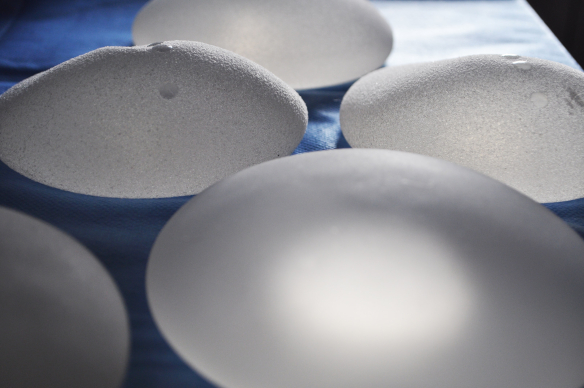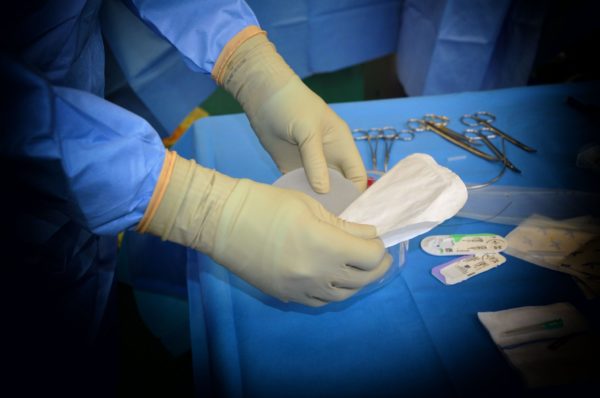Emotional eating normally is a result of stress or low mood. If you have been struggling with a low mood for more than two weeks, it is advisable to speak with your GP or a mental health practitioner. However, if you find yourself reaching for food occasionally to ease anxiety or after a distressing event, and you want to tackle this, there are several things you can do that may help. Prior to considering a procedure such as liposuction or liposculpture it is essential to break the cycle of emotional eating. Although once the fat cells in the area treated are removed they will not return you can still put on weight which can impact the results of liposuction and liposculpture. Both are simply a short term solution if you do not follow a healthy diet and maintain your weight afterwards.
Cognitive Behavioural Therapy (CBT)
Cognitive Behavioural Therapy (CBT) is a type of talking therapy that can help to reprogramme negative thought patterns, which can lead to emotional eating. One method of CBT that does not involve speaking with a mental health practitioner is to start a thought record. It is best to have a notebook just for this purpose.
How to Write a Thought Record in Easy Steps
Consider how you are feeling before you start to eat on impulse and rate the intensity of the feeling from 1 to 10, with 10 being the highest score.
Think about your thoughts, are they negative, are you criticising yourself or thinking you are a bad person? Can you think of what may be causing you to think those thoughts?
One way is to write down:-
Your feeling: are you anxious, scared, stressed or feeling low or bad about yourself?
The reason: can you think of any reason why you feel this way, Has something happened during an interaction at work or home? Have you been criticised for something you have done or didn’t do? Has something gone wrong at work? Or are you thinking about the past, lost opportunities or mistakes that you believe have had a negative impact on your life? The thought: what are you thinking, count to 3 and then write it down.
Now consider the ‘facts’. For example, what could you have done differently or was the situation beyond your control, such an accident or being made redundant.
Next think about if your thoughts are ‘true’ to real life. For example if you argues with someone, why did you argue, were you simply being honest and staying true to your core values? If you have been made redundant this doesn’t mean you were not capable at your job.
Consider the evidence. For example, arguments happen sometimes and it’s important to be honest or defend yourself, many of my very competent colleagues have also been made redundant.
The final step is to check in with how you are feeling again. Has the feeling changed, what do you feel now? Rate the intensity of the feeling from 1 to 10, with 10 being the highest score.
Mental Health Organisations
My Opinion
Before any type of plastic surgery procedure it is advisable to be in a good state of mental wellbeing. Stress and anxiety can even slow down healing following a plastic surgery procedure and put you at higher risk of developing complications. Remember that although plastic surgery may make you feel better in the short term, in the longer term the bad feelings are likely to resurface, unless you work on your mental health. CBT will not work for everyone and deeper issues that are negatively affecting your mental health may need to be explored with a mental health practitioner.
Annabelle Baugh | Founder




